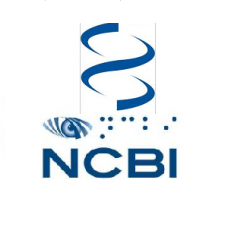DISCUSSION
Gastric cancer is distinctive in terms of tumor heterogeneity, which makes it difficult to predict recurrence and metastasis.3 It commonly metastasizes to the liver, peritoneum, lung and bone. The median survival time of patients with metastatic gastric cancer does not exceed 6 months, and the survival period is shorter for patients who are aged ⩾60 years.26 Currently, there are no effective therapeutics available on the drug market for inhibiting gastric cancer metastasis.
It has been well proven that cancer cells exhibit higher ROS levels than normal healthy cells. In other words, they are more susceptible to elevated ROS, which leads to cell death; thus the expression of endogenous antioxidant enzymes is unusually high.4 Nonetheless, it is noteworthy that PrxII expression has often been observed to be silenced via CpG methylation in some cancers.11,14,15 As an example, we have shown that PrxII silencing in melanoma confers a metastatic benefit by promoting cell migration.9 In this study, we showed for the first time that the PrxII promoter is selectively methylated in some gastric cancer cell types. Although the underlying mechanism for the initiation of DNA methylation at the PrxII promoter has yet to be fully elucidated, we found that DNMT1 is responsible for the CpG methylation in the PrxII promoter region that regulates PrxII expression. Given that PrxII is a major ROS scavenger in cancer cells, downregulation of its expression is likely to be the main cause for the elevation in ROS levels. Because ROS are known to upregulate DNMT expression and activity,27 we propose a positive feed-forward regulatory loop where high ROS levels due to the silencing of PrxII could affect the DNMT status in cells, which may in turn elicit active gene silencing in gastric cancer cells.








